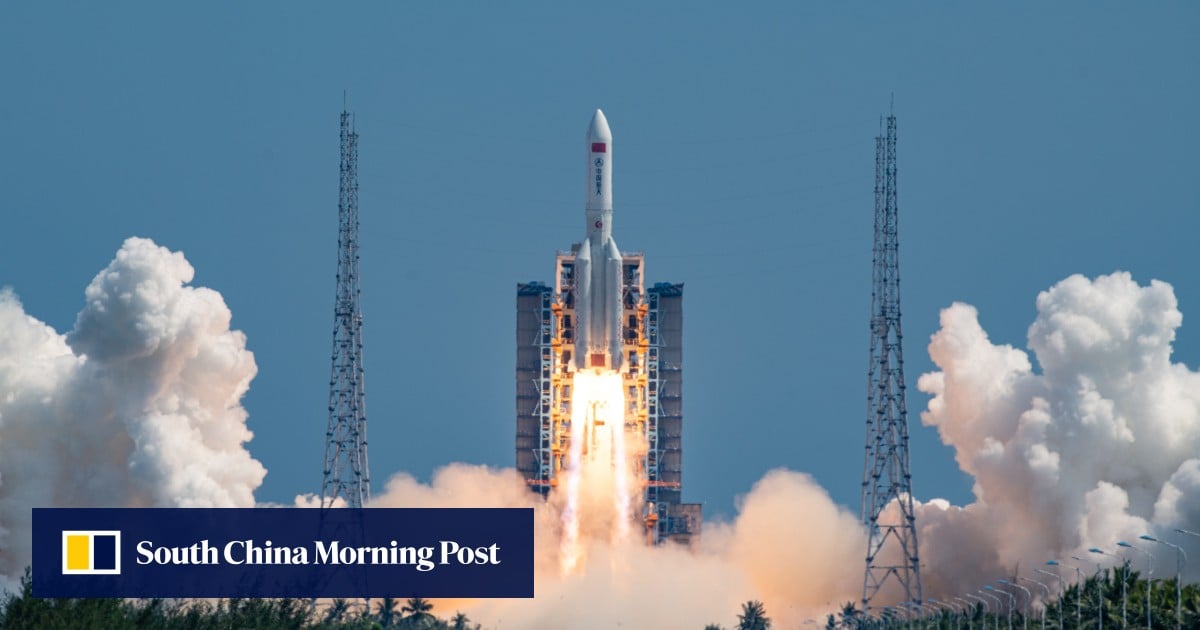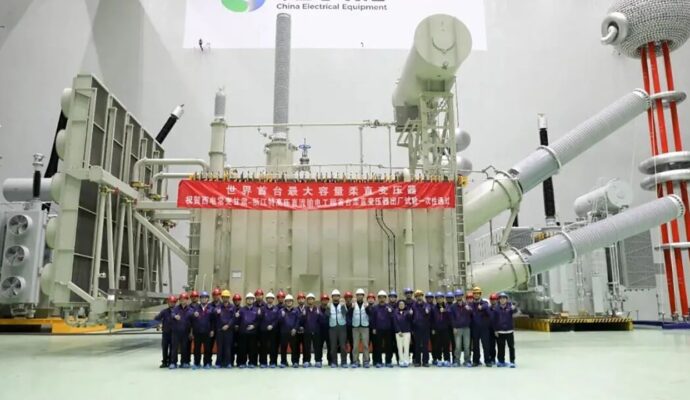
South China’s Guangdong province has announced its ambition to join the country’s commercial space sector race, promising financial and policy support for companies wanting to build low-orbit satellite constellation systems and promote their application in futuristic industries including space mining and space tourism.
Advertisement
Guangdong plans to use government procurement to support key innovative products and application scenarios for satellite constellation systems, which also include telecommunications and logistics, according to a commercial space policy statement released by the provincial government on Tuesday.
“Companies will be supported in continuously scaling up the satellite application industry and in purchasing computing power services, while relevant local governments are encouraged to provide rewards in accordance with regulations,” it said.
As part of a three-year development plan, the provincial government will also push companies to expand overseas in the fields of satellite navigation and remote sensing.
Guangdong has pledged to provide a fast track for approving satellite constellation projects, promising specially designated government funding to help with rocket and satellite development, as it tries to play catch-up with peers such as Beijing and Shanghai.
Advertisement


